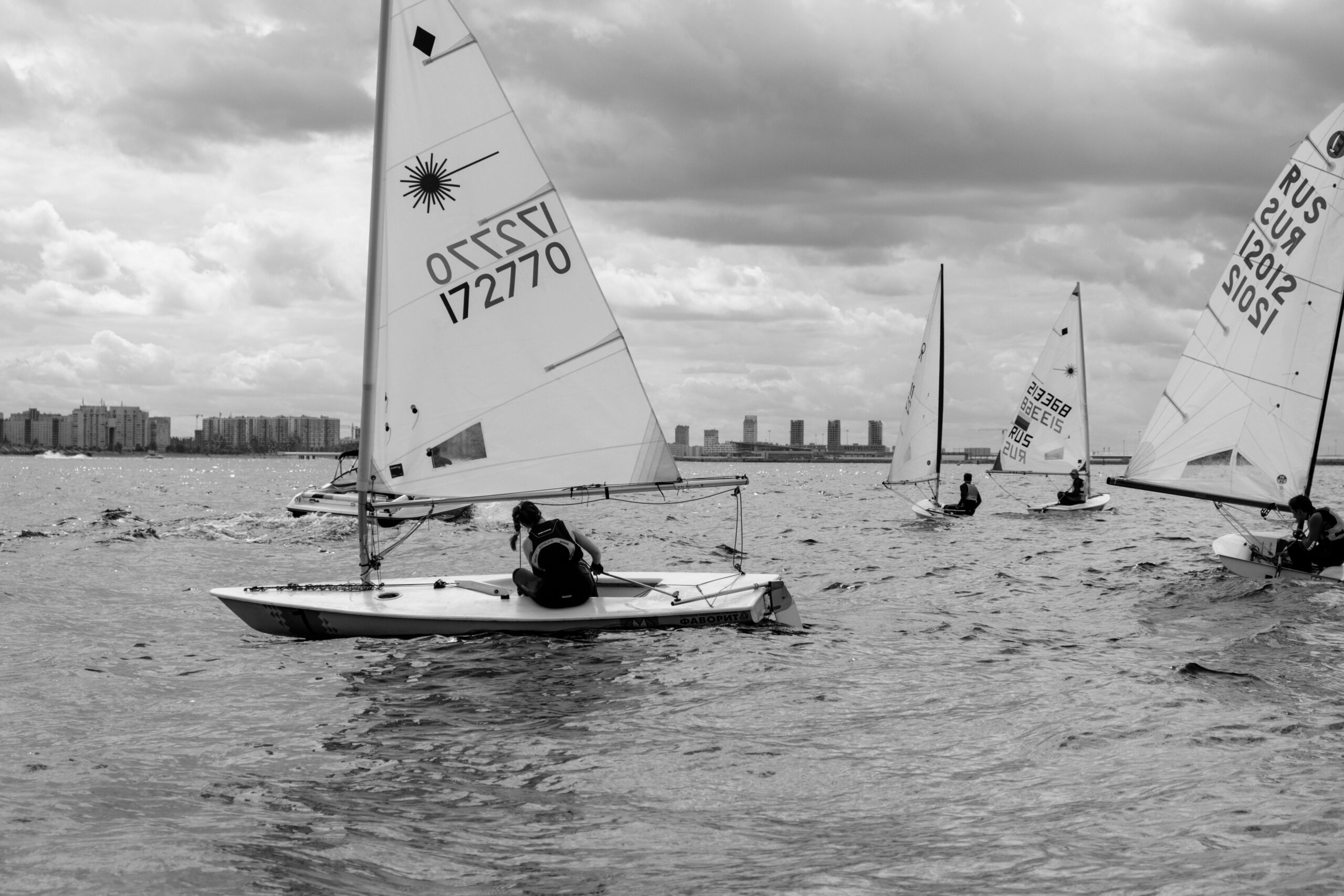Performing a thorough pre-departure inspection of your boat is a critical step in ensuring safety. This checklist can help you identify any potential issues before you set sail: Before leaving the dock, always check the weather forecast and monitor the conditions while on the water. Weather can change rapidly, and being caught in a storm can be dangerous.
If you’re operating a small boat and encounter a large vessel, you should always give way to avoid a collision.
Look for changes in cloud cover, wind speed, or water conditions, which can indicate an incoming storm.

If you’re new to boating, consider taking a boating safety course to understand best practices for navigation and handling emergencies.

Excessive speed on the water can be as dangerous as it is on the road. Maintain a speed that allows you to react to potential obstacles or other boats.

Slow down in areas with heavy traffic, near shorelines, or when visibility is low. Many waterways have speed limits to ensure safety. Always adhere to these regulations.
No one expects an emergency, but it’s important to be ready just in case. Ensure that everyone on board knows the basic emergency procedures, such as what to do in case of a fire, capsizing, or man-overboard situation.
Boating is an incredible way to explore the water and create lasting memories, but it’s essential to prioritize safety at all times. By following these essential boating safety tips, you’re ensuring not only your own safety but also the safety of your passengers. Remember that preparedness, knowledge, and awareness are key when it comes to navigating the water confidently and responsibly.
Lastly, don’t forget to educate your passengers on boating safety. Having everyone on the same page increases overall safety and ensures that everyone has a great time on the water.
As the captain, it’s crucial to understand and respect your own skills and your boat’s capabilities. Boating should be enjoyable and not risky.
These basic skills will help you feel more confident once you’re out on the water. The more you practice, the more natural handling the boat will feel.
If your engine fails, try to remain calm and call for assistance. Staying composed and having a plan can make all the difference in a stressful situation.
Even with all the preparation, it’s important to be ready for emergencies. Knowing what to do in an emergency situation can save lives.
